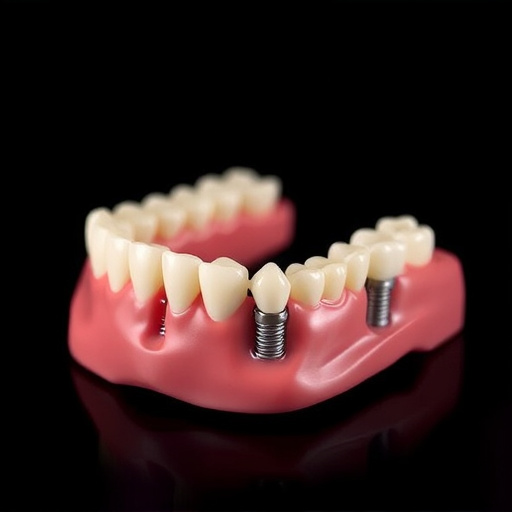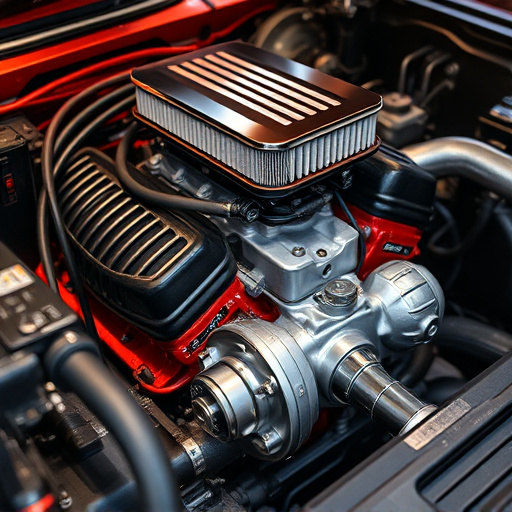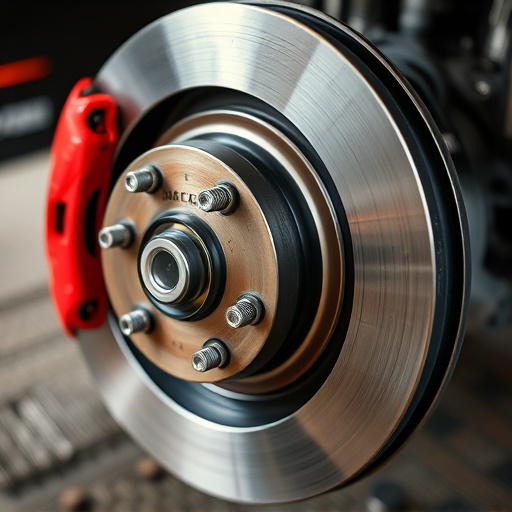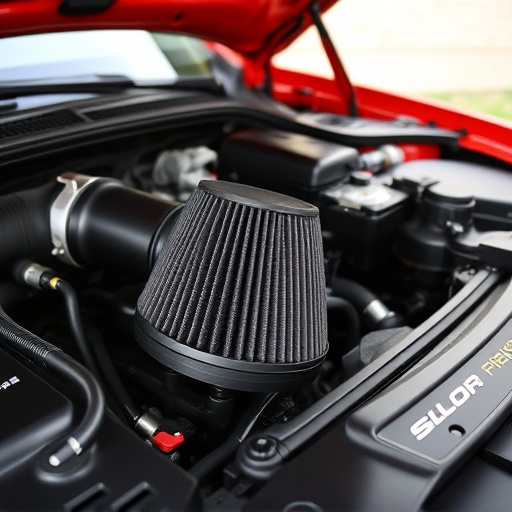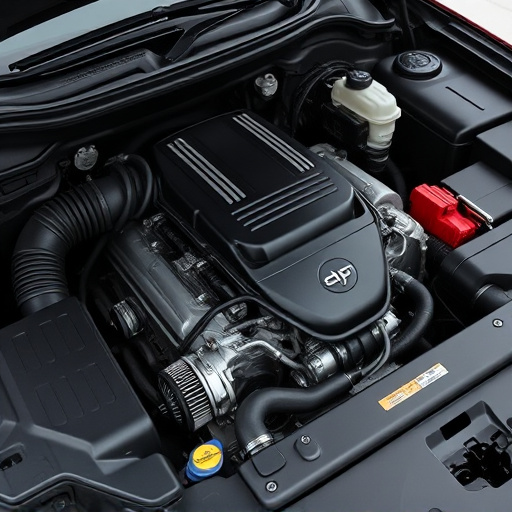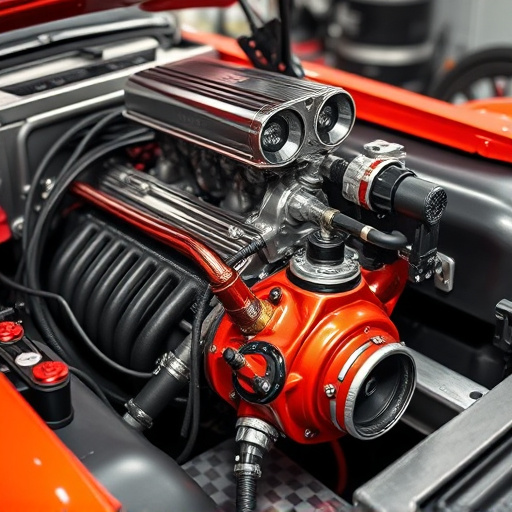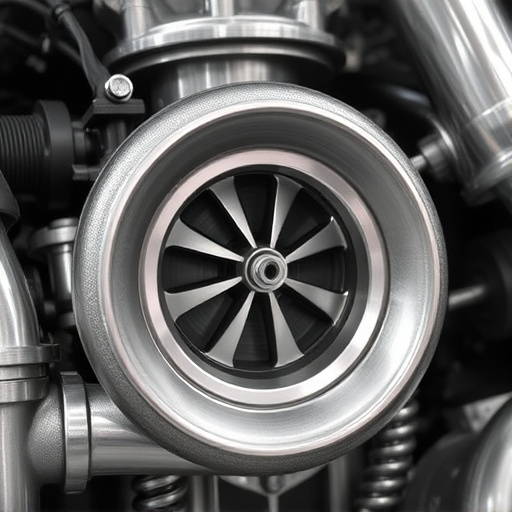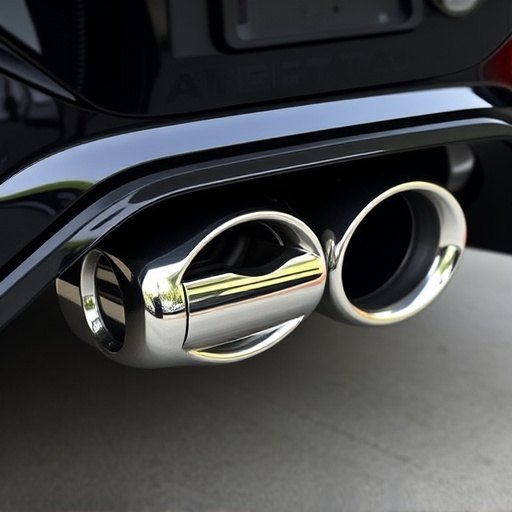Exhaust systems for cars are vital for engine performance optimization by reducing backpressure, facilitating combustion, and enhancing fuel economy. They contribute to longer engine life, improved vehicle dynamics, and a quieter driving experience through advanced materials and engineering. Key components like headers, pipes, and mufflers ensure smooth gas flow while meeting legal noise limits.
Exhaust systems are a crucial component of modern vehicles, serving as more than just a way to expel gases. They play a vital role in reducing engine strain and stress, leading to enhanced performance and longevity. Understanding engine strain and its impact on both vehicle efficiency and driver experience is the first step. This article delves into these aspects, highlighting how exhaust systems act as efficient solvers, optimizing engine functionality through seamless gas discharge.
- Understanding Engine Strain and Its Impact
- The Role of Exhaust Systems in Mitigation
- How Exhaust Systems Enhance Engine Performance
Understanding Engine Strain and Its Impact
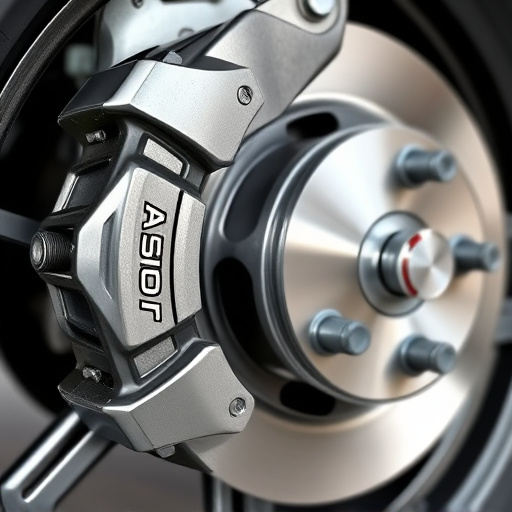
Engine strain refers to the excessive wear and tear experienced by a vehicle’s powerplant due to various factors like high mileage, poor maintenance, or inefficient design. This can lead to significant performance issues, increased fuel consumption, and even costly repairs over time. When an engine is under strain, it works harder, demanding more from its components, including the suspension and braking systems (like coilover kits and brake rotors) due to heightened vibrations and stress.
Exhaust systems play a pivotal role in mitigating this strain by facilitating efficient gas expulsion. They reduce backpressure within the engine, allowing for smoother combustion and lessened demand on other parts, such as the suspension components designed for durability and responsiveness. By promoting optimal engine performance, exhaust systems contribute to overall vehicle health, ensuring that critical components like brakes remain effective for longer periods.
The Role of Exhaust Systems in Mitigation
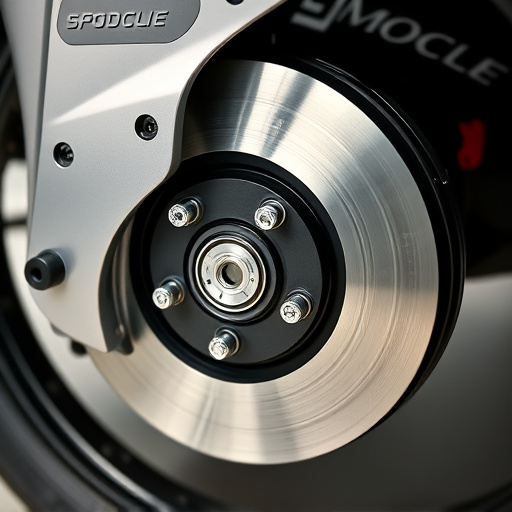
Exhaust systems play a pivotal role in mitigating engine strain and stress by efficiently removing spent gases and facilitating smoother combustion. They serve as a crucial component in optimizing vehicle performance, ensuring that the engine operates at its peak efficiency. By allowing for better airflow, exhaust systems facilitate a more complete burn of fuel, thereby enhancing overall vehicle performance.
Moreover, modern exhaust systems are designed to balance performance exhaust capabilities with noise reduction, contributing to a quieter and more comfortable driving experience. This dual functionality is achieved through advanced materials and engineering that minimize backpressure while also dampening harmful noises from the engine. Thus, an efficient exhaust system not only supports better air intake systems but also contributes to longer engine life and improved fuel economy.
How Exhaust Systems Enhance Engine Performance
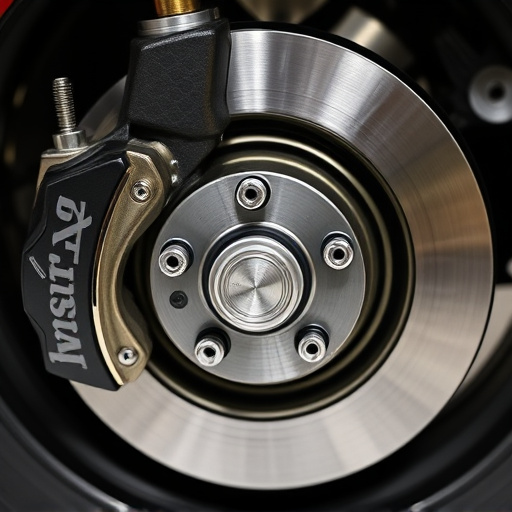
Exhaust systems play a pivotal role in enhancing engine performance for cars. By efficiently removing burnt gases from the combustion chamber, they reduce backpressure, allowing the engine to operate more smoothly and effectively. This is crucial as it enables better fuel combustion, which not only improves power output but also increases fuel efficiency. The process involves redirecting exhaust gases through a series of components, including headers, pipes, and mufflers, each designed to optimize flow while minimizing noise levels, thanks to advanced sound-dampening materials in exhaust mufflers.
Moreover, modern exhaust systems incorporate specific design elements that further bolster engine performance. For instance, high-flow catalysts and optimized exhaust manifolds can accelerate gas expulsion, enhancing torque delivery and overall vehicle responsiveness. Additionally, the strategic placement of exhaust tips can contribute to a more robust sound, often sought after by automotive enthusiasts, without compromising driving dynamics or legal noise standards. These considerations underscore how well-engineered exhaust systems not only facilitate efficient engine strain reduction but also enrich the driving experience.
Exhaust systems are indispensable components of modern vehicles, playing a pivotal role in reducing engine strain and stress. By efficiently expelling burnt gases and facilitating a smoother flow of air, these systems contribute significantly to enhanced engine performance. In today’s automotive landscape, understanding the impact of engine strain and leveraging exhaust systems for cars is crucial for ensuring optimal vehicle functionality and longevity. This knowledge empowers car owners to make informed decisions regarding their vehicle maintenance, ultimately enhancing overall driving experience.






